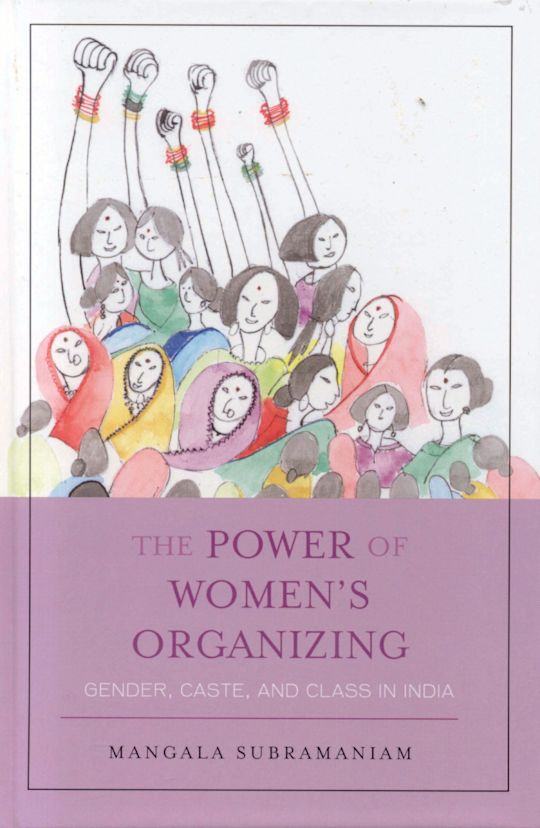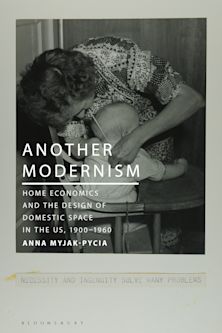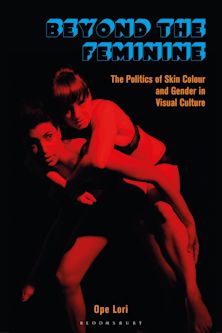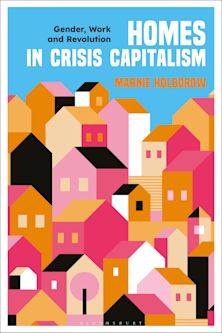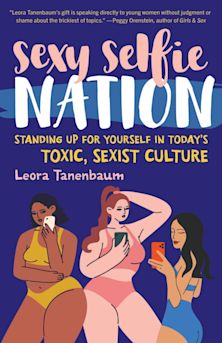- Home
- ACADEMIC
- Gender & Sexuality Studies
- Feminism
- The Power of Women's Organizing
For information on how we process your data, read our Privacy Policy
Thank you. We will email you when this book is available to order
You must sign in to add this item to your wishlist. Please sign in or create an account
Description
The Power of Women's Organizing is a remarkable work that offers a glimpse into the women's movement outside the United States. Author Mangala Subramaniam addresses the mobilizing and organizing of the Indian women's movement in the larger context of globalization and the national social fabric. She draws attention to the emergence of multiple interests based on class, caste, religion, and geographic differences. Uniquely featuring the integration of rural women's experiences and a case study of the dalit women's challenges, this expert work examines the women's movement in India since the 1970s, its growth, and the tensions resulting from the representation of varied interests. Women's experiences outside of the West are a fruitful new source of understanding the women's movement and will be of interest to scholars of women's studies and sociology.
Table of Contents
Chapter 2 Strategies for Empowerment: The State and the Women's Movement in India
Chapter 3 The Dalit Movement and Emergence of the Mahila Samakhya Karnataka (MSK) Program
Chapter 4 Sanghas of the Mahila Samakhya Karnataka (MSK) Program
Chapter 5 Conclusion: Theoretical and Research Implications
Product details
| Published | 06 Apr 2006 |
|---|---|
| Format | Ebook (Epub & Mobi) |
| Edition | 1st |
| Extent | 176 |
| ISBN | 9780739159484 |
| Imprint | Lexington Books |
| Publisher | Bloomsbury Publishing |
About the contributors
Reviews
-
Rather than seeing social movements through western eyes, this innovative study of the Indian women's movement develops its perspective from the experiences of rural, lower caste, deeply disadvantaged women. This important book tells a mesmerizing story of the conditions and processes by which low-caste women in India have claimed political and social power from the village level right up through parliament. This politically effective mobilization drew on the resources of the state for empowerment rather than for mere aid or even micro-credit, and seized opportunities created by the overall democracy movement. The women organizers' positive view of social power reverberated in the programs they constructed to offer village women the opportunity to articulate their own needs in their own way. Local participation, while sometimes leading to dramatic instances of resistance, more generally built a sense of entitlement to better conditions that empowered women to stand up and make change at the grassroots. As these women knew, poverty is not just economic, but also a loss of hope and of expectations for respect, yet as this book shows, a challenge to long-embedded oppressions of gender and caste together can be successfully mounted.
Myra Marx Ferree, University of Wisconsin, Madison
-
A powerful assessment of how women's agency can bridge macro politics and micro organizing. This exiting book gives voice to the poor, marginalized dalit women in India. It's empowering!
Yakin Erturk, Special Rapporteur on Violence against Women
-
A brilliant analysis of relationship of the Indian women's movement and the state. It raises thought-provoking questions for feminist politics in a society deeply riven with caste, class and religious divisions.
Veena Poonacha, SNDT Women's University









